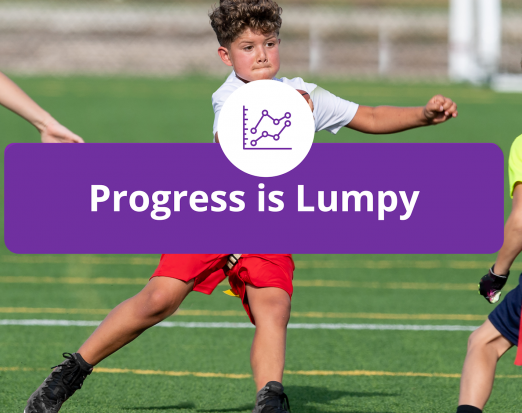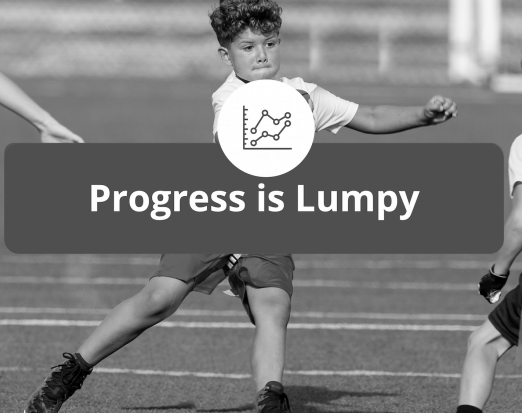The sugar-tax and primary schools, everything you need to know

Health, fitness and education has taken centre stage in the media this week, obesity is no longer considered a risk, but a national emergency. The World Health Organisation considers this as one of the most serious challenges of the 21st century, which is not just affecting adults but children from a very young age. One in 10 children are considered obese when they start school at the age of four or five, while around a third are obese or overweight when they leave. With this in mind, it doesn't come as a surprise that childhood obesity was common theme in george Osborne's budget, which was unveiled on Wedesday.
The sugar-tax
George Osborne announced that a levy on soft drinks will come into effect in two years’ time. Despite a high level of debate around the topic, the news came us a surprise to many, although campaigners have praised it as a necessity to reduce childhood obesity. In the UK, children consume high levels of fizzy drinks every day. Unlike sweets and chocolate, which may be regarded as a ‘treat’, soft-drinks are considered part of a normal diet and many children drink them as part of their lunch or whenever they are thirsty.
The so-called sugar tax will be imposed on companies according to the amount of sugary drinks they produce or import. The tax will be split into two categories, one for total sugar content above 5g per 100 millilitres, drinks such as Lilt, Tango Orange and Powerrade, and a second band for the drinks with more than 8g per 100 millilitres, including Coca-Cola, Red Bull, Ribena and many more. The Office for Budgetary Responsibility suggests that they will be levied at 18p and 24p per litre.
The sugar tax has stirred controversy among some people, who believe that the levy will be passed onto the consumer forcing them to part with more money, instead of resolving the problem at the source. In a Sugar Reduction Report last October, Public Health England stated that while a tax of high-sugared products would temporarily reduce purchases for a short period of time, we needed to consider other factors to fight obesity overall.
On the other hand, the tax has been hailed by a number of supporters, including high profile TV chef Jamie Oliver who created an online petition for the tax with 150,000 people backing it. In his Budget speech, George Osborne said "I am not prepared to look back at my time here in this Parliament, doing this job and say to my children's generation: I'm sorry. We knew there was a problem with sugary drinks. We knew it caused disease. But we ducked the difficult decisions and we did nothing." Although the chancellor had to find some way to raise money considering the downgraded economic forecasts, so there was an economical incentive as well as moral.
£502m funding for primary school sport
Currently, primary schools in the UK receive premium sport funding based on the number of pupils in years one to six, or children aged 5-10. Schools must use the funding to make additional and sustainable improvements to the quality of PE and sports that they offer.
In his budget speech, George Osborne outlined plans to spend the additional funding raised by the sugar tax on funding for primary schools in England. The chancellor estimates that the levy will raise around £520 million, which will be shared between the countries in the UK. Although Scotland, Northern Ireland and Wales are free to spend their share of the money however they see fit. This will have a significant impact for primary schools across England, who currently do not have the resources to deliver the high quality PE that they should be. Additional funding will improve school sport for the children now, by upskilling teachers, paying for equipment and resources and seeking expertise. This will pave the way for a healthier and physically active future for every young child in England.
One-mile campaign
St Ninians is a Scottish primary school whose pupils have been participating in runs for the last four years to prevent obesity. Although we previously wrote about the school here, primary schools all over the UK are following in their footsteps, as 500 schools are already signed up, with 30 in Sterling alone.
The children run around a specially designed track on the school’s playing field every day for one mile, which is estimated to take around 15 minutes. Teachers at St Ninians advise that since initiating the programme, the children’s concentration and focus has significantly improved. Physical education is the key to healthy and happy children and it just goes to show that exercise doesn’t have to be challenging, expensive, or time consuming to make a positive impact.
Running for one mile a day isn’t the only way that children can stay active and fit, schools using Amaven have seen significant improvements in all areas of fitness in a short period of time including a 30% improvements in fundamental movement skills, 20% improvement of overall fitness and a 10% understanding. Visit our education page to find out how Amaven can benefit your school.





